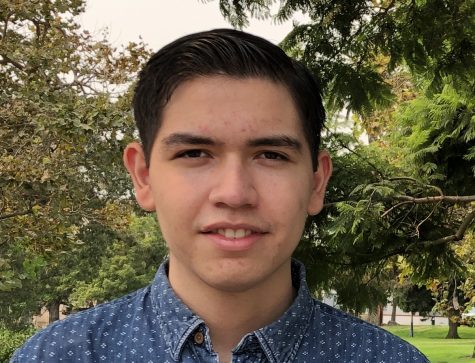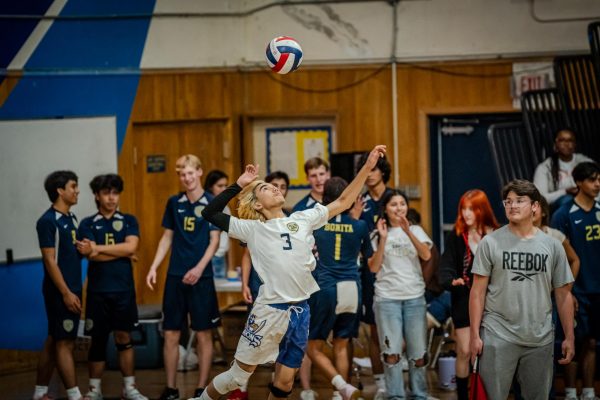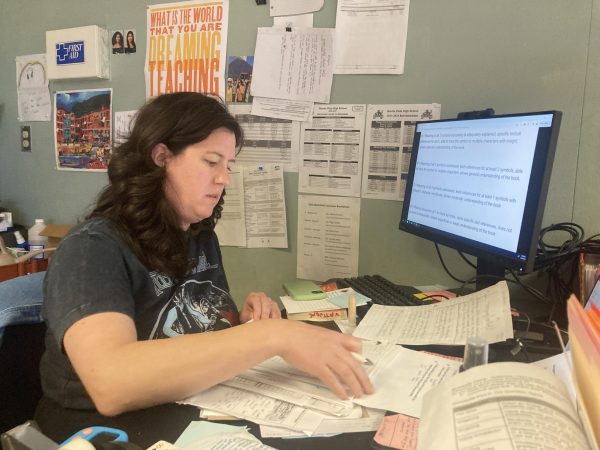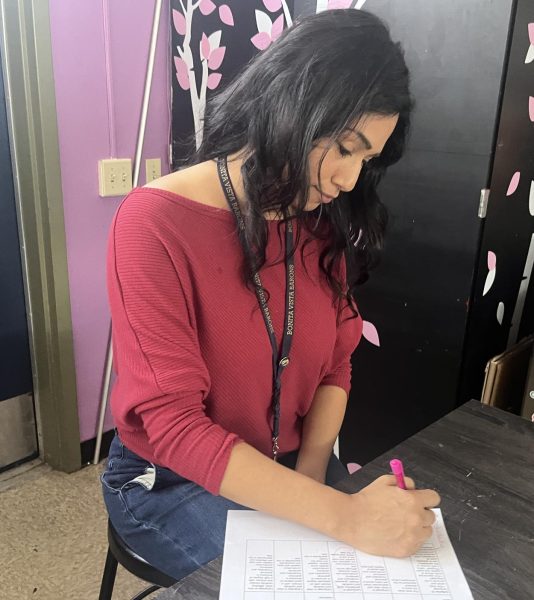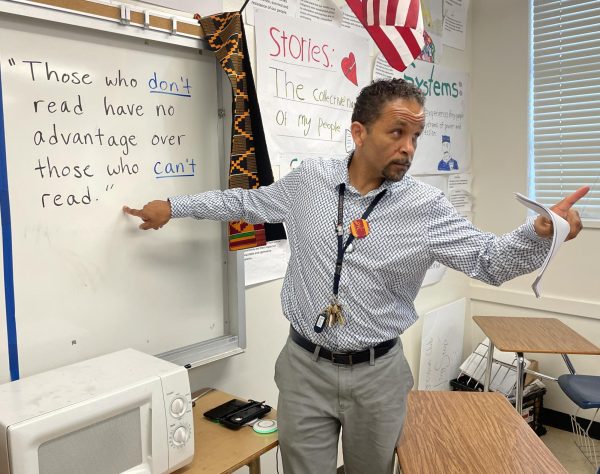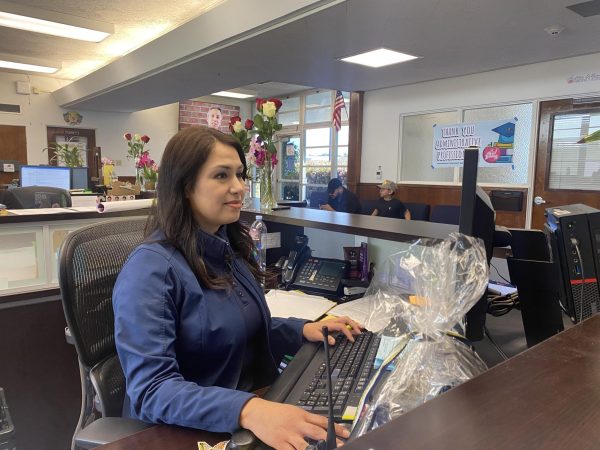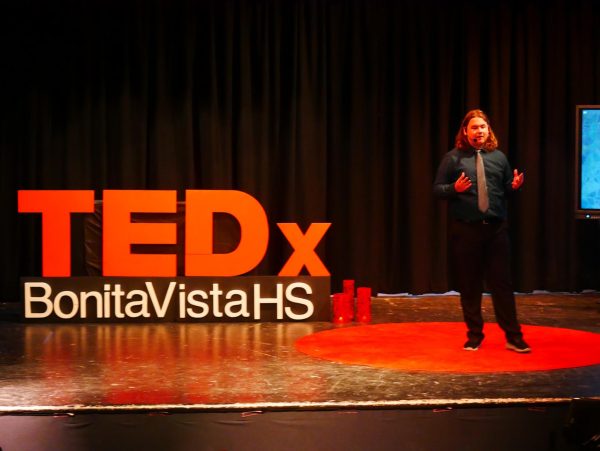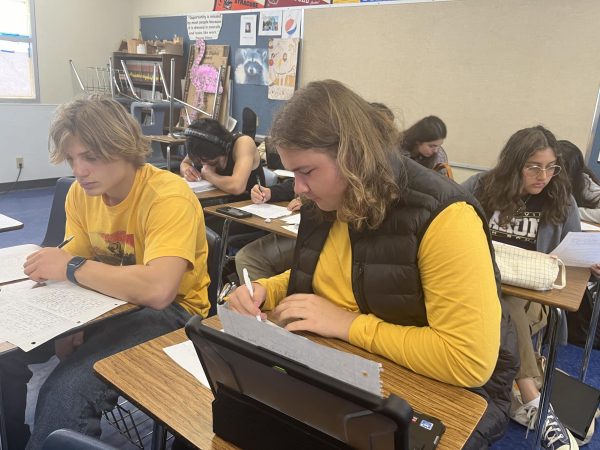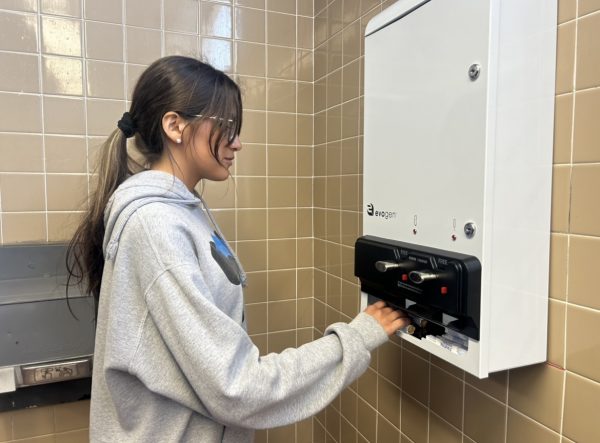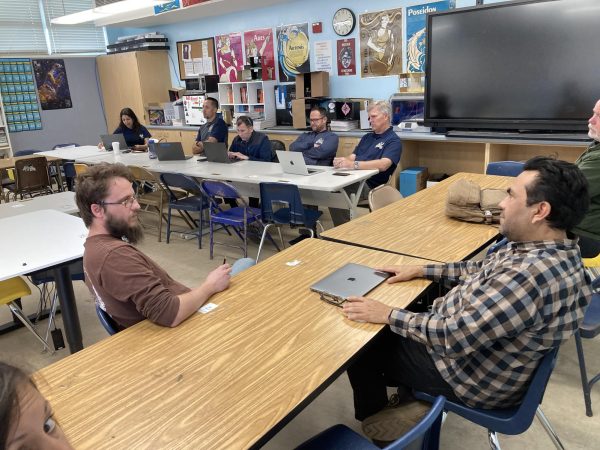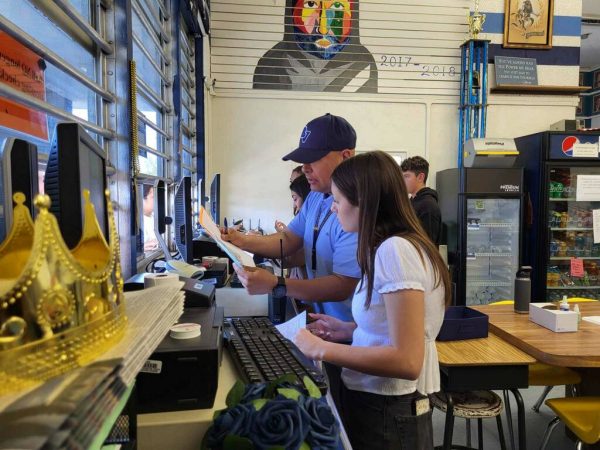SUHSD saves millions during pandemic
Stakeholders agree ‘No ulterior motive’
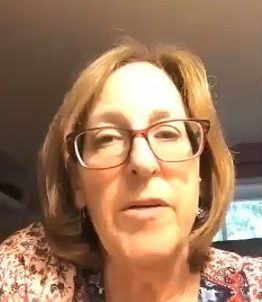
Sweetwater Education Association (SEA) President Julie Walker believes that SUHSD is using the funds saved from school closures for good use but that the district must also be held to scrutiny.
December 6, 2020
Since March 13, 2020, schools in the Sweetwater Union High School District (SUHSD) have remained closed due to the COVID-19 pandemic. Due to reduced expenditures, the district saved over 18.3 million dollars during the 2019-2020 school year. SUHSD Director of Grants and Communications Manuel Rubio was unable to provide the total number of funds the district saved for the 2020-2021 school year.
The Crusader’s findings reveal that these funds, in addition to federal aid from the Coronavirus Aid, Relief, and Economic Security (CARES) Act, were largely utilized for student and staff needs during distance learning, including academic, technological and logistical necessities. SUHSD will provide a numerical breakdown of expenditures on Dec. 12, 2020, during the next district board meeting.
According to Rubio, due to school closures, saved funds were used to purchase laptops, Wi-Fi hotspots, personal protective equipment, additional supplies needed for on-campus instruction and other accommodations needed to facilitate both distance learning and Phase 1 of SUHSD’s reopening plan.
“There’s a lot of things we’ve had to step up our expenses on. Things are changing and [they] are going to change over the next couple [of] years in terms of enrollment and attendance. We [SUHSD doesn’t] know where the state [is] going to go as far as how they’re going to fund [the expenses of the pandemic for schools]. We need to be prepared for when this does happen. Our goal is to make sure that we’re transparent about what those funds are,” Rubio said.
Never be afraid to reach out to your teacher, counselor, administrator, uncle [or] parent. No one has to suffer in silence.
— Advanced Placement US History teacher Don Dumas
The district is currently under investigation by the district attorney due to the mishandling of 30 million dollars and allegations of financial fraud under SUHSD’s former superintendent, who has since been terminated.
Some parents and community members speculate that SUHSD used saved funds to address budgetary deficits. Rubio says these claims are false, as the district’s main priority is to keep students safe. Because the South Bay region continues to have high COVID-19 infection rates, SUHSD deemed in-person instruction unsafe.
“We are not closed for the sake of saving money. There have been savings and additional funds but we want to extend [those funds] in the most responsible way towards making sure that our schools are [safe and] better. [We agree] that the best way to learn is in person, [but] the South County is really the hub of where this pandemic is. Our commitment is: you have to be healthy to learn, so we want to make sure we continue to be safe,” Rubio said.
According to Bonita Vista High (BVH) Principal Roman Del Rosario, Ed.D., BVH received 210,000 dollars from the CARES Act to address school needs during the pandemic. These funds have been used to address student and staff needs during the pandemic, including Wi-Fi hotspots, laptops, meal services, instructional materials for remote learning, school staff to support academic and mental needs of students and additional employees to assist in on-campus virtual learning per Phase 1 of BVH’s reopening plan.
“What I try to do as a principal is identify priorities. I try to look at [BVH] holistically as opposed to in compartments. Then I try to see where the greatest needs [are], where we should focus our funding and what funding is available to support that need,” Del Rosario said.
BVH also utilized Title 1 funds, money given to schools with greater proportions of socioeconomically disadvantaged students, to facilitate BVH’s reopening plan and online classes. Over 200 students are receiving in-person instruction with cohorts of 42 students coming on weekdays. Teachers receive additional payments for the individual academic support they provide students on campus and online.
According to Del Rosario, these funds come as BVH reports a sharp uptake in D’s and F’s, as many students struggle with cramped home conditions, mental health problems and family losses due to the pandemic. Del Rosario believes that learning losses are inevitable but that “things could be way worse.”
“There is a learning loss that’s taking place. Things could definitely be better [but] I believe that the teachers have helped mitigate the impact by being open to meet with students during office hours and providing tutoring. I’m seeing a faculty that is deeply engaged and is working very diligently on supporting students. I think it’s a testament of the type of teachers that we have at [BVH],” Del Rosario said.
Across all SUHSD schools, Sweetwater Education Association (SEA) President Julie Walker believes the district is using the funds saved from school closures for good use and that SUHSD has no financial or ulterior motives. However, she thinks the district should always be questioned and held accountable in their financial decisions.
“[SUHSD] is not just throwing money out, and I’m seeing very open communication. I’m glad they’re using the money on services and kids [who] are really struggling,” Walker said. “[But] I think [SUHSD] [needs] to consistently be questioned by county officials [and] the community. We want to take a look at what [SUHSD is] spending on. How much is personnel? How much is equipment? What are we needing? Anybody can ask under the Public Records Act. Those numbers tell what your priorities are.”
Walker wishes for SUHSD to be fiscally conservative in order to avoid overspending available funds when schools reopen. She believes that once schools reopen, the district may ask teachers to increase class sizes due to a lack of state funds.
[It’s] the economic reality. We went through this in the last recession, and they’re likening this to a potential depression. It’s a big picture,” Walker said.
Advanced Placement U.S. History teacher, basketball coach and SEA member Don Dumas believes the district has good intentions in its use of federal and saved funds, though he hopes to receive more specific breakdowns of Cares Act funds reported by SUHSD.
“I think we can trust our district leadership and our district board. They’re not doing this by themselves and not working alone; they are in constant negotiation with the union. I have confidence that our union and our district are working well together right now in trying to figure out the best way to provide quality education for our students and our community while keeping us safe,” Dumas said.
SUHSD will continue remote learning for the rest of the semester and provide updates on finances and school reopenings in the next district board meeting. Despite the difficulties of the pandemic for staff and students, Rubio hopes that staff and students remain optimistic with SUHSD’s support.
“I think we all need to continue to be optimistic. It is hard to watch friends and people [be] affected by COVID-19 and [lose] jobs. School [is a] hub for people’s activities, especially students. They need socialization. [But] I think over the last nine months we’ve come together and figured out new ways of teaching [and supporting] our students to maintain a sense of community,” Rubio said. “Let’s keep trying.”

